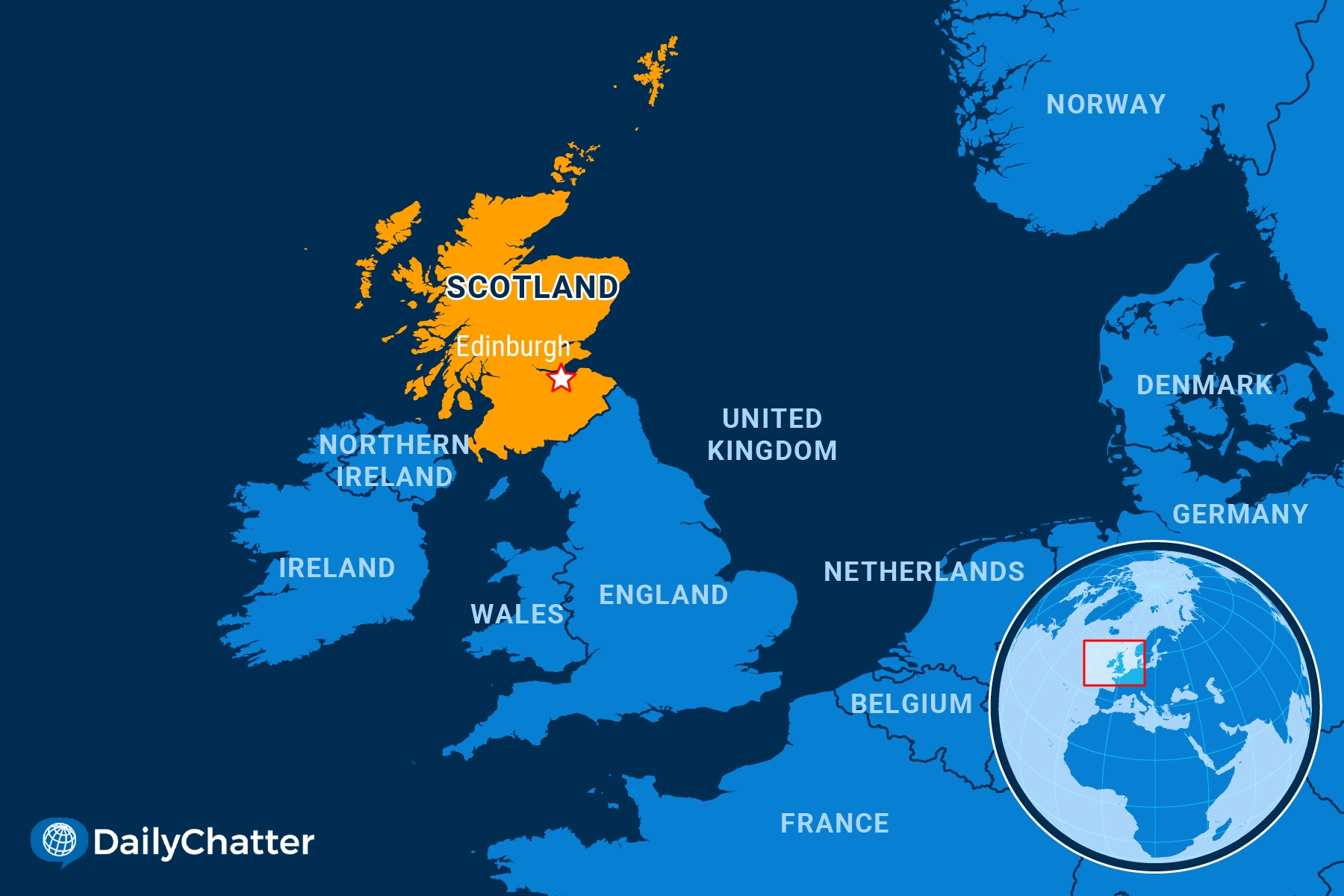Should We Stay Or Should We Go

The UK’s Supreme Court in London ruled Wednesday that Scotland needs consent from the UK Parliament to hold a new independence referendum, throwing cold water on the nation’s prospects of leaving the United Kingdom, CNBC reported.
The top court said that the Scottish legislature did not have the power to legislate on matters reserved to the UK’s Parliament, including those relating to the union. It rejected arguments that Scotland should be allowed to hold a referendum based on its right to self-determination under international law, saying that Scots were not “oppressed” people and therefore did not warrant such status.
Supreme Court President Lord Robert Reed added that a lawful referendum would have “important political consequences relating to the Union,” the New York Times wrote.
The verdict comes eight years after Scotland held a referendum to split from the UK. At the time, about 55 percent of Scots voted to stay in the union.
Since then, the British government has rejected calls by Scotland’s ruling Scottish National Party (SNP) for another plebiscite. Following Wednesday’s ruling, UK Prime Minister Rishi Sunak welcomed the decision.
In contrast, the SNP’s leader, Scotland’s First Minister Nicola Sturgeon said she was disappointed by the decision but respected and accepted it.
Even so, she stressed that the debate for Scottish independence was not over and that her party would work on alternative ways to hold another referendum.
Sturgeon has campaigned on a “clear promise to give the people of Scotland the choice of independence.” She also promised to rejoin Scotland with the European Union following the UK’s exit from the 27-nation bloc.

Subscribe today and GlobalPost will be in your inbox the next weekday morning
Join us today and pay only $32.95 for an annual subscription, or less than $3 a month for our unique insights into crucial developments on the world stage. It’s by far the best investment you can make to expand your knowledge of the world.
And you get a free two-week trial with no obligation to continue.
